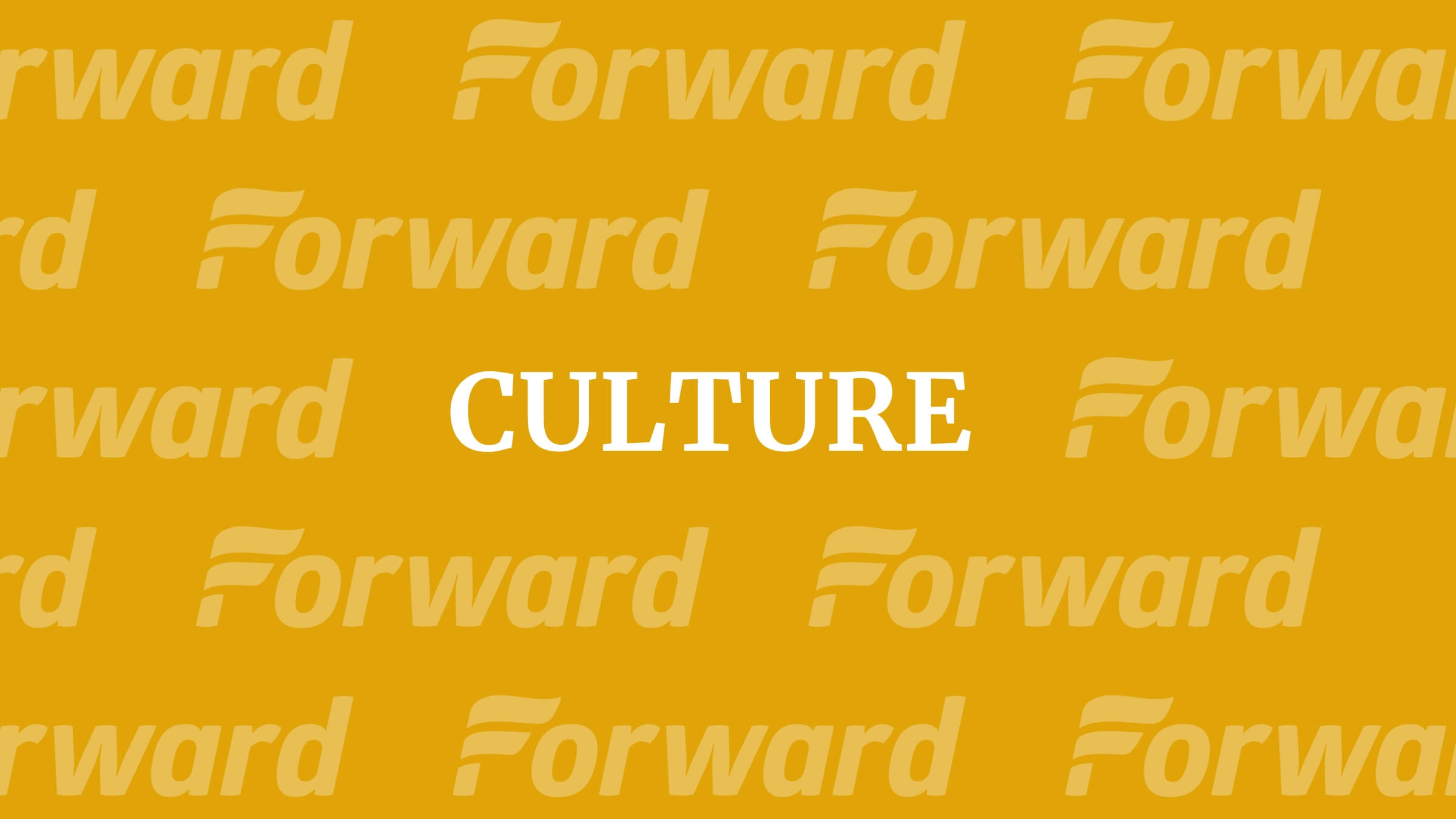The Israel-Hamas debate has gotten fierce — and confusing. So this Harvard junior started a hotline
When Shira Hoffer, a Harvard junior, offered nonjudgmental conversation about the war, she got more questions than she could handle — and took action

Graphic by Angelie Zaslavsky
“I don’t know so much about this and I really want to learn more, but I guess my question is: What’s the solution to the Israeli-Palestinian conflict?”
This was one of the questions Shira Hoffer received after sending a message to her dorm listserv offering nonjudgmental conversation about the war in Israel and Gaza.
She didn’t answer the question — exactly. Instead, she explained that some people support a two-state solution, while others endorse a single state, and she sent readings representing each viewpoint. Then she set about creating a hotline for any other students — and people around the world — to get nonpartisan information about the conflict.
Hoffer, 21, is a Modern Orthodox junior at Harvard studying social studies and religion. She’s also a mediator with the Massachusetts small claims court, so she’s no stranger to staying balanced in the face of contentious, emotional conversations.
And at Harvard, that’s what any discussion of the war has become. Student groups — and some faculty — signed onto dueling statements, the first saying Israel’s “apartheid regime is the only one to blame” and the second condemning the first. Harvard president Claudine Gay put out a statement expressing sadness at the “attack” and hope to bridge on-campus divisions. After criticism that she hadn’t firmly condemned Hamas, Gay put out another statement that did.
It was this second statement that led to someone asking Hoffer how to solve the Israeli-Palestinian conflict. She was asked to send Gay’s second statement to her dorm, but added a note offering to talk, along with her phone number.
“I did it because I love to have a conversation with somebody, but also because I didn’t want people to judge me,” Hoffer said. “I don’t think this conflict can be captured in statements.”
She was surprised to receive a flood of messages, not with condemnation or political statements but genuine curiosity.
The environment at Harvard, in the wake of the war, has been heavily political; some students, including some Muslim friends of Hoffer’s, have skipped class because of threats, while other friends fear for their reputations. Students are making strident statements on social media, pressuring others to chime in with: “your silence is deafening.”
“People are being pushed to take a stand even when they don’t know anything — which is kind of wild,” Hoffer said. “It’s something I think is sort of unique to this conflict.”
Hoffer’s “hotline for Israel/Palestine” allows people to text their questions to a number, and one of several volunteers across the world will provide information and resources that cover all viewpoints. The volunteers — who include people from Canada, Latvia and Tunisia, as well as both Israelis and Palestinians — don’t provide their own opinions, but instead teach people to vet their sources, read a wide range of perspectives and come to their own conclusions. (For now, Hoffer can see their answers and make sure they’re adhering to the volunteer agreement.)
“We’ve definitely gotten questions where someone has been told a simplistic version of the story,” she said. “Someone asked: ‘Is israel a settler colony, is that true?’” The volunteer didn’t say yes or no, but instead provided further reading on the relevant history.
“In some way the goal of the hotline is to not need the hotline,” Hoffer said.
Hoffer has already obtained funding from Harvard’s Mahindra Humanities Center and Safra Center for Ethics, but she is careful not to accept money from any group, such as Hillel, that might be perceived as biasing the project.
Of course, what is and isn’t biased about Israel — what the facts are — is already a source of controversy. While Hoffer is taking classes in conflict resolution and other relevant topics, she’s also looking for a co-founder from a different background. “Hopefully it won’t always be my call and my call only,” she said. “I don’t think that’s fair.”
But for now, she’s doing her best to provide balance. On Wednesday, two competing demonstrations took place at opposite ends of Harvard Yard; one supporting Israel, and the other for Palestinians. Hoffer stood in the middle of the campus, holding a sign for her hotline.






















